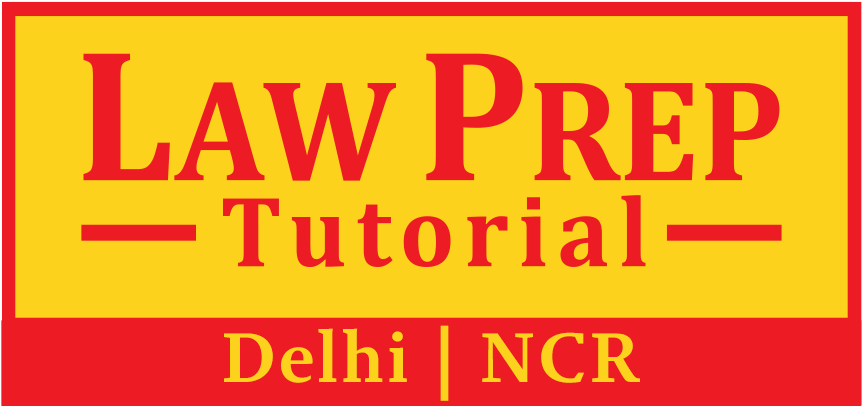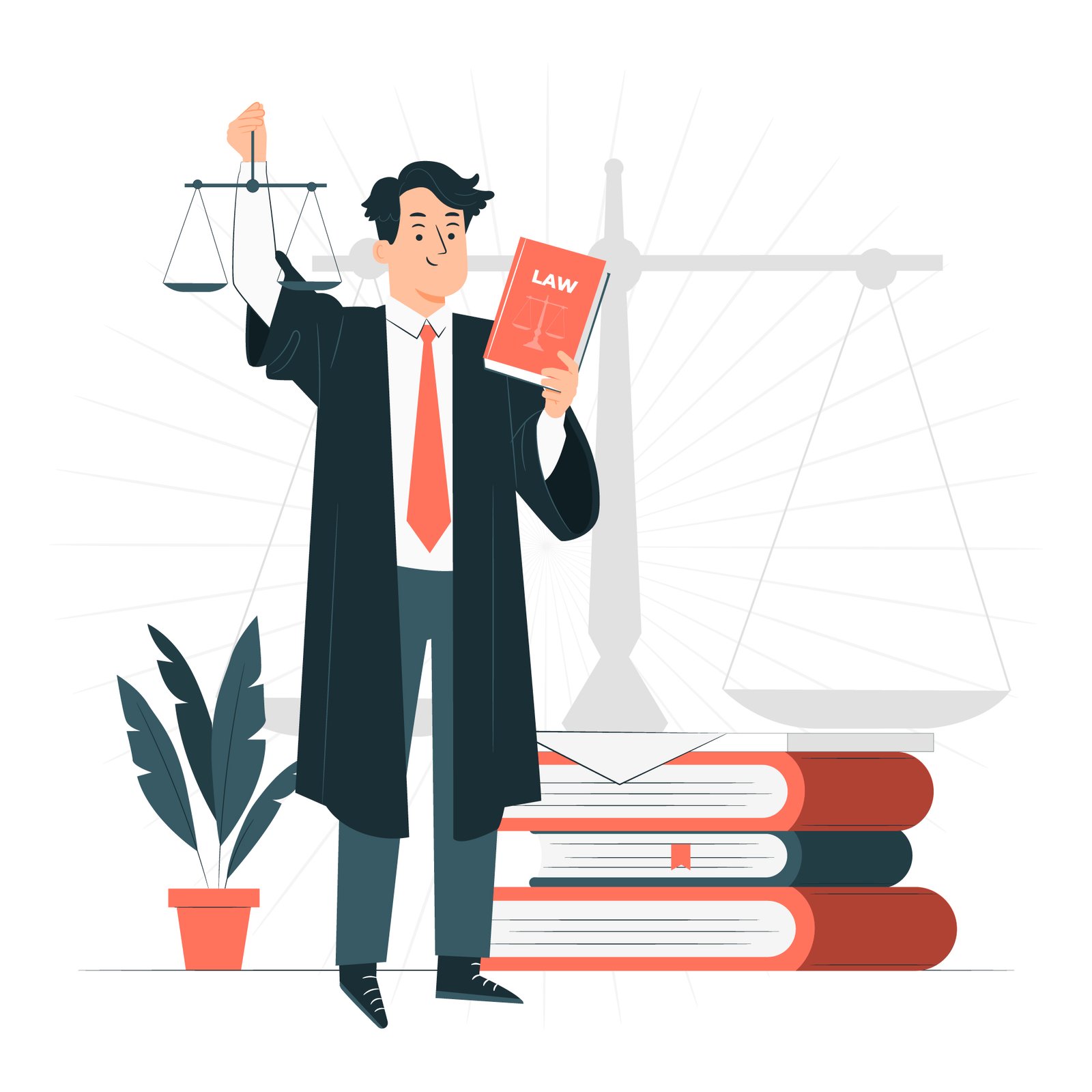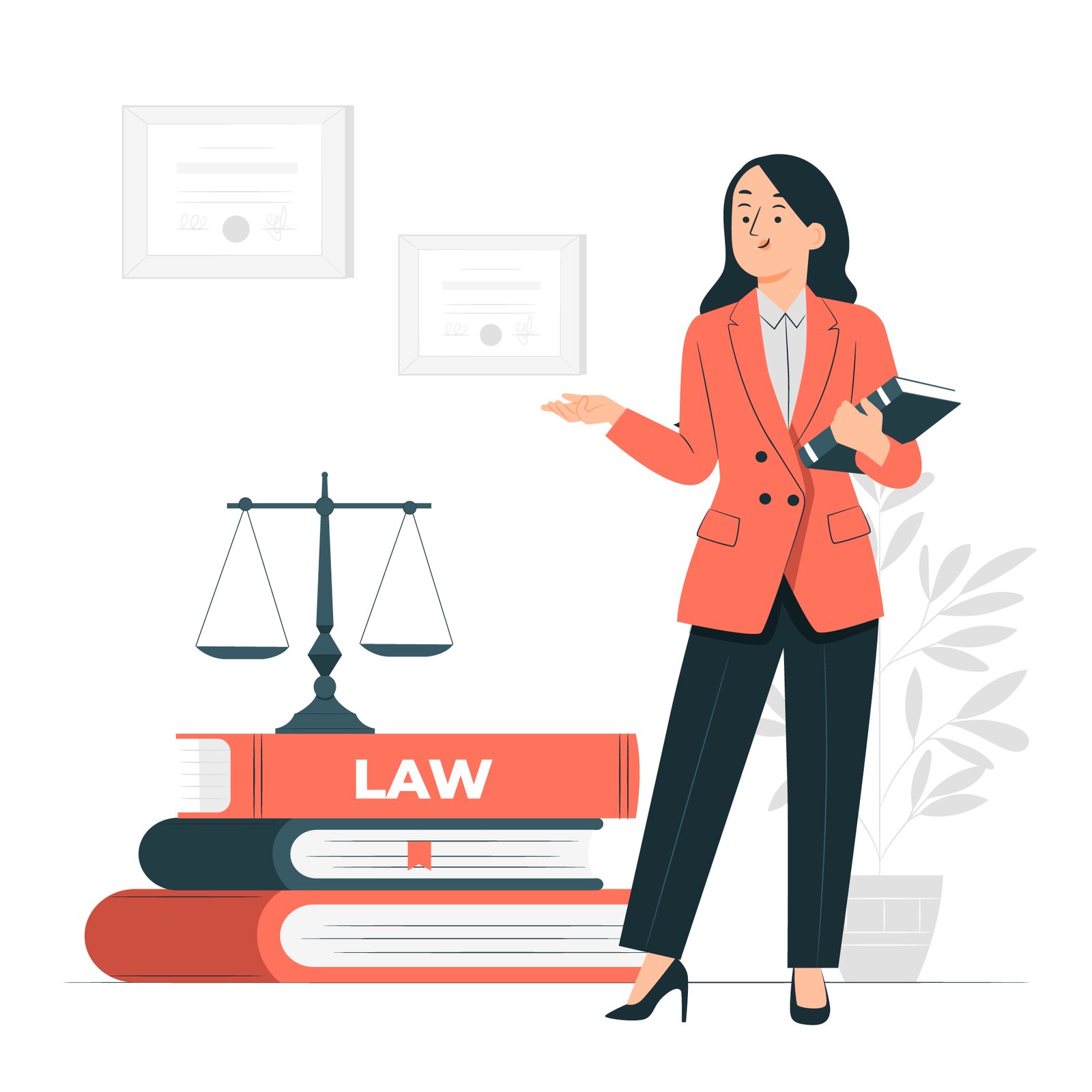You watch movies, read books, and listen to music every day. But have you ever wondered who owns those creations? That’s where Copyright Law in India comes in.
What Is Copyright?
Copyright gives creators the legal right to protect their original work. It allows them to:
- Control how others use their work
- Decide who can copy, share, or perform it
- Choose whether others can adapt or remix it
It protects literary, artistic, musical, cinematographic, and digital works.
Copyright Law in India: The Legal Framework
India follows the Copyright Act, 1957 and the Copyright Rules, 2013 to regulate copyright.
These laws give creators exclusive rights and protect their work across formats. Lawmakers have updated the Act several times to keep up with digital platforms, OTT content, and new technologies.
India also follows international treaties like the Berne Convention and TRIPS Agreement to ensure global recognition of rights.
Who are the beneficiaries?
The law protects a wide range of creative work. Here’s what qualifies:
- Books, articles, and poems
- Films, documentaries, and videos
- Music, lyrics, and background scores
- Paintings, photos, and digital art
- Software, applications, and databases
However, the law doesn’t protect ideas, procedures, or facts — it only protects the original form of expression.
What Rights Does Copyright Give?
As a creator, you automatically gain rights once you express your work in a tangible form. You can:
- Reproduce the work
- Distribute copies
- Perform or display it publicly
- Create derivative works like adaptations or translations
- Transfer or license these rights to others
You don’t need to register your work, but doing so helps in legal disputes.
How Long Does Copyright Last?
In India:
- Literary, artistic, and musical works: Last for the creator’s lifetime + 60 years
- Films, sound recordings, government works: Last for 60 years from publication
After this period, the work enters the public domain, and anyone can use it without permission.
What Happens When Someone Infringes Copyright?
If someone uses your work without permission, they violate your rights. You can take action by:
- Sending a legal notice
- Filing a civil case for damages or injunction
- Lodging a criminal complaint in some situations
Courts can grant compensation, stop further misuse, and order seizure of infringing copies.
Copyright vs Trademark vs Patent
| Type | What It Protects | Example |
|---|---|---|
| Copyright | Creative works | A novel or a song |
| Trademark | Brand identity | Logos, taglines, slogans |
| Patent | Inventions or processes | A machine or drug formula |
Conclusion: Learn the Law, Respect Creativity
Copyright Law in India empowers creators and protects their ideas. As a future lawyer, you must understand how it works — not just to defend others, but also to value original work in a world full of content.
📞 Want to explore legal topics like IPR, torts, and contracts? Call 8750581505 and join Law Prep Delhi today.







